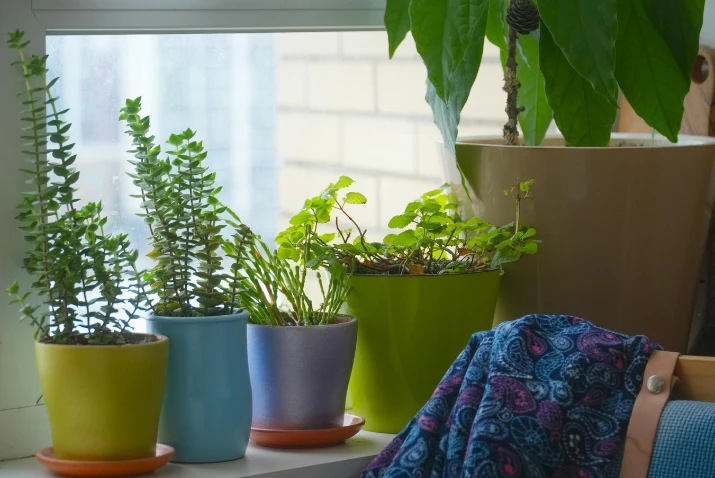Japanese knotweed was brought to the UK because of its beauty, however it has been problematic because of the rate at which it grows, and how seemingly challenging it is to get rid of. As a direct result of these factors, it has sometimes been difficult to let or sell a home with Japanese knotweed on the premises and some banks will refuse to approve mortgages.
However new guidance (Feb 2022) from the Royal Institution of Chartered Surveyors (RICS) “reflects an improved understanding” of the fast-growing Japanese Knotweed. The new guidance has abolished the ‘seven-metre rule’ surveyors use when determining whether Japanese knotweed poses a threat to a property.
It also says that research has demonstrated that Japanese knotweed poses little or no risk of structural damage to robust buildings with substantial foundations such as dwellings, as opposed to less sturdy structures with shallow foundations, such as conservatories, garages or boundary walls.
It continues on to say that the most appropriate objective for surveyors when finding Japanese knotweed is not to automatically look to eradicate it but that an appropriate level of control can achieved instead by using herbicides. This nuanced approach allows surveyors to use their own professional judgement in determining the potential impact of Japanese knotweed.
“This highlights another reason to always invest in a property survey when buying a new home,” comments Dan Lowery MRICS, Director of Leaders Surveyors. “Our team of RICS qualified surveyors are trained to look for faults or concerns that the untrained eye cannot spot, such as damp, subsidence and knotweed. We will be able to ascertain the level of damage (if any) that has occurred and offer advice.”
How to know if your property is affected by Japanese knotweed
Japanese knotweed starts to grow in the spring months. By May, it can be as big as 1.5m, and 3m by June. Over the autumn it dies down and can appear to have almost entirely disappeared over the winter months. But in the height of the summer, where it can grow by as much as 20 – 30cm per day, it’s important to recognise the signs of Japanese knotweed. You might notice:
- Red shoots breaking through the ground
- Heart or spade shaped leaves
- A hollow stem
- Clusters of white flowers that are attracting bees.
Why is Japanese knotweed so problematic?
In its native Japan, the climate and regular ash deposits prevent the weed from growing, although its deep root system allows it to survive. However, in England, there are no such ash deposits and, because the climate is different, it can grow without much of a hindrance. Its strength means that it can even grow through tarmac and brickwork, leading to significant structural problems, in extreme cases.
How can you get rid of Japanese knotweed?
If you suspect Japanese knotweed is growing in the grounds of your property, there’s several remedies.
1. Dig it all out
If you find knotweed whilst it’s still in its infancy, it can be dug out. However, you must have this done by a specialist and with the earth properly disposed of. It can be an expensive exercise.
2. Kill it with chemicals
Management of Japanese knotweed growth is a more cost effective solution as it can be killed with chemicals, but this can take up to five years, plus professional treatments can cost thousands of pounds. Treatments containing glyphosate help, but be prepared to be committed to killing your knotweed for the long haul.
3. Cook up a storm
Finally, Japanese knotweed can be eaten. However, if your garden is infested, it’ll take a substantial amount of knotweed compote to solve the problem!
If you do discover Japanese knotweed, then it’s best to call in an expert surveyor who can find out what damage (if any) it has caused, and what action to take to clear it in a safe and responsible way.
Leaders Surveyors have more than 20 years' surveying experience and are a member of the Royal Institution of Chartered Surveyors (RICS). Concerned your property is affected? Speak to our team to discuss by calling 0333 331 5338.








